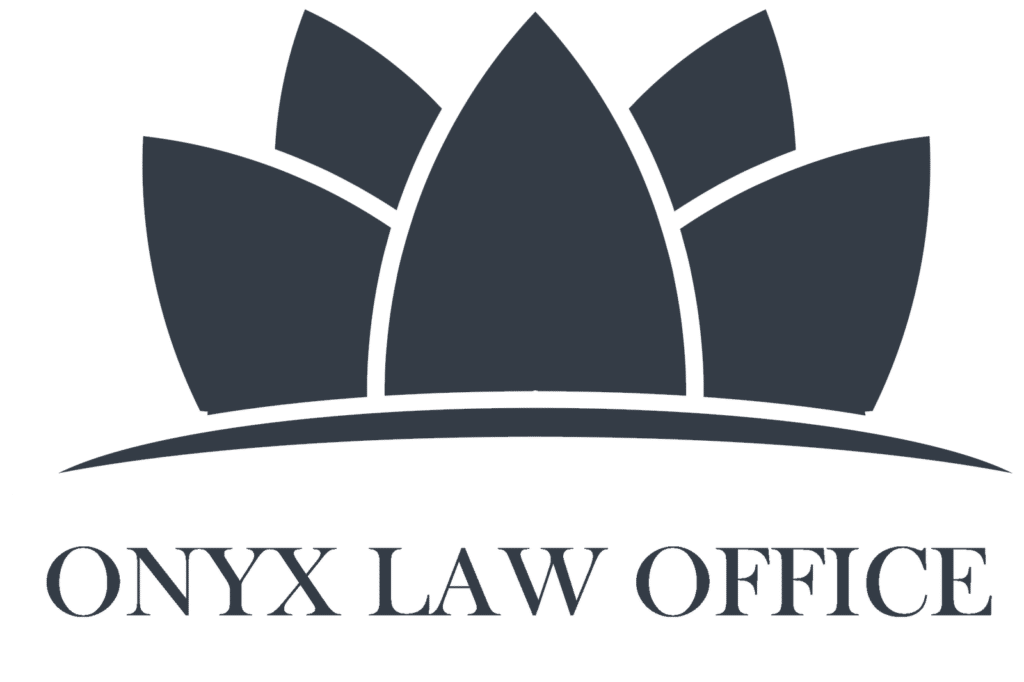If you already have an estate plan in place, then you’re on the right track to getting the most from your assets and protecting yourself and your family from financial mismanagement and over-taxation.
However, if you have a Living Revocable Trust it can fail if your assets aren’t properly funded into your trust or otherwise aligned with your plan. Follow these three easy steps as soon as possible to make sure you’re wrapping up the year wisely by leveraging the time you’ve already spent finishing your tax returns
1. Review your trust design or summary to ensure it still matches your goals.
If you’ve experienced some changes since you last visited your estate plan, such as welcoming a new baby to the family, suffering the death of a loved one, or experiencing major health concerns, you might have a new perspective on what you’d like your long-term estate planning goals to look like.
2. Gather your most recent bank statements, investment statements, beneficiary designation forms, and other paperwork concerning new accounts.
Bring your important financial documents to us to make sure we don’t need to change anything in your existing estate plan based on your current account statements and other financial data. Remember, estate planning isn’t a one-and-done exercise! We need to routinely review and update your plan to ensure it meets your goals and works with ongoing changes to your assets, your family dynamics, and the law.
3. Call us to discuss updating your trust asset schedules and ensuring that all of your property is properly funded into your trust or otherwise aligned with your plan.
Your trust schedules are an important supporting document to your estate plan. However, just because an item is listed on the schedules — your house, for example — doesn’t necessarily guarantee that it’s properly held within the trust. Things can get complicated (and potentially expensive or confusing for your family) when documents like trust schedules and deeds, titles, or other “ownership” documents don’t match up.
Once we make sure that all three of these steps are taken care of, you can focus your energy on your loved ones rather than worrying about your estate plan. Give us a call today to schedule a time to review your plan, update your asset schedules and ownership records, and otherwise help you achieve your estate planning goals.
Call today for a free consultation (916) 932-2362

